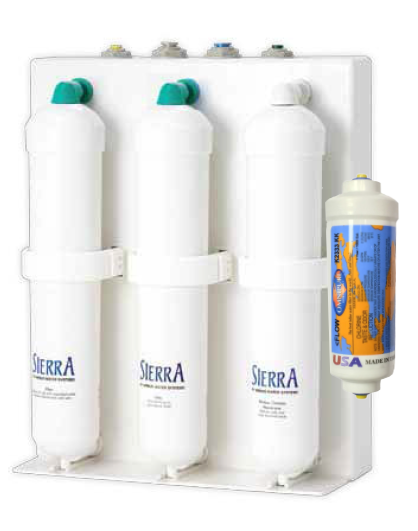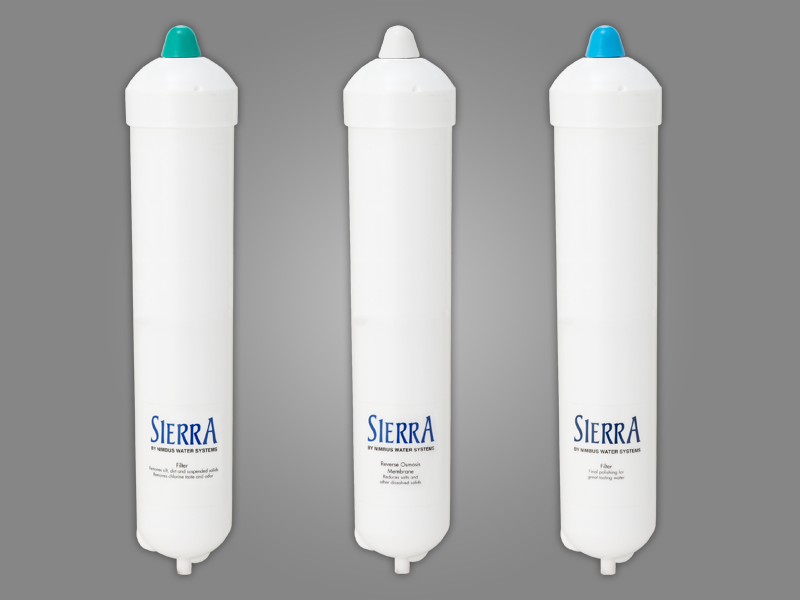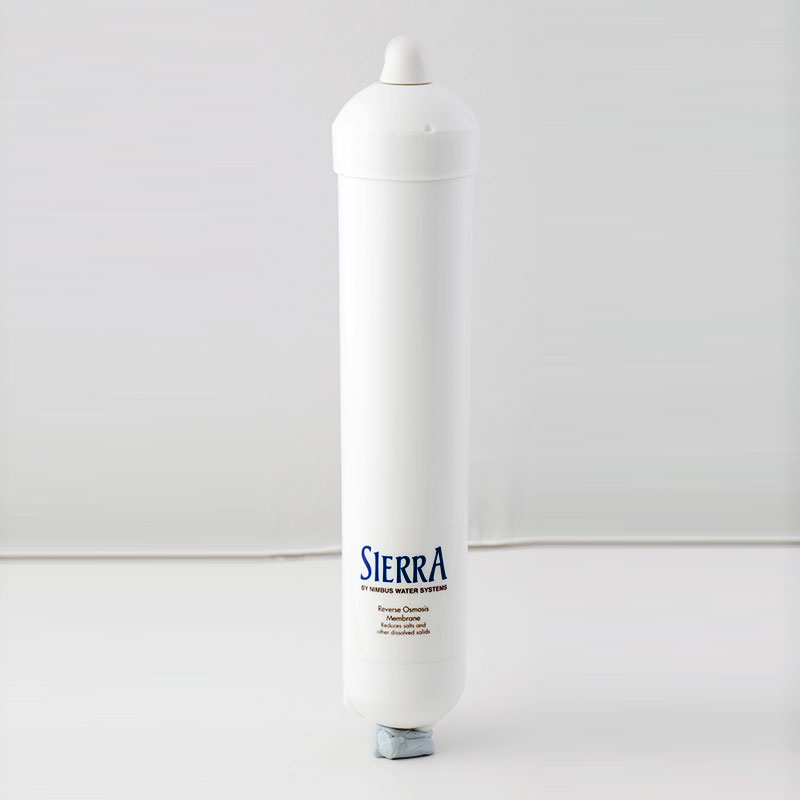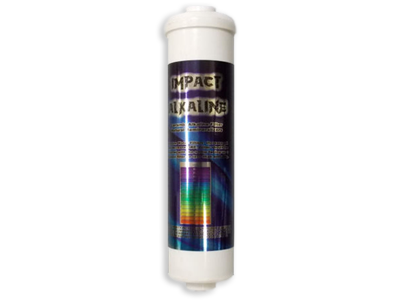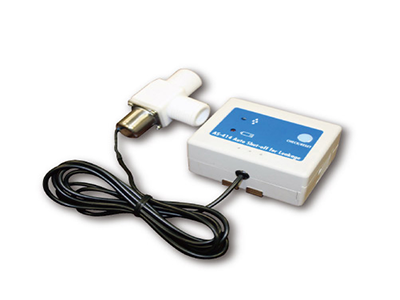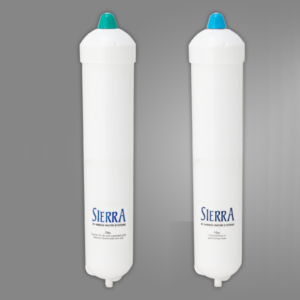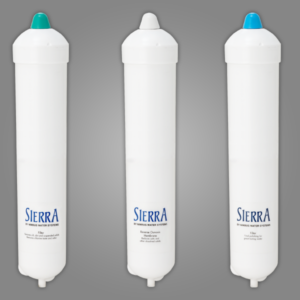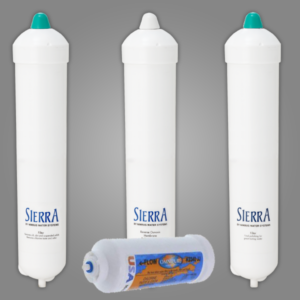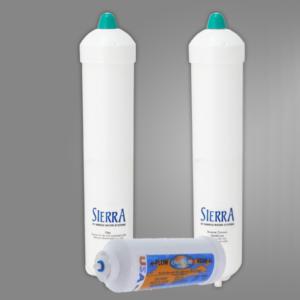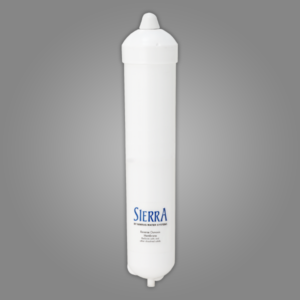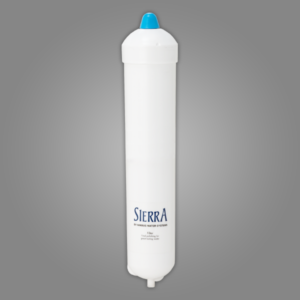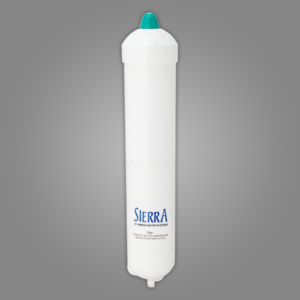Sierra Reverse Osmosis
6 Stages of Filtration
Hygienically Sealed Cartridges
Sierra Membrane
-
Specifications
General6 Stage 36 GPD Components5 Micron Particulate Granulated Activated 36GPD Membrane 1 to 3.5 2.5 Gallons Brush Nickel or Chrome Dimensions14.5 “ 12 “ 3.5″ CertificationsNSF/ANSI 58 Operating Conditions33-100 °F 45-80 PSI 60 PSI -
Rejection Chart
This information is extracted from the Water Quality Association WQA.Contaminants Reduces /Rejects Contaminants Reduces /Rejects Sodium Yes Chromium-6 Yes Calcium Yes Chromium-3 Yes Magnesium Yes Sodium Yes Potassium Yes Lead Yes Iron 2 Yes Chloride Yes Manganese 2 Yes Bicarbonate Yes Aluminum Yes Nitrate3 Yes Copper Yes Fluoride Yes Nickel Yes Phosphate Yes Zinc Yes Chromate Yes Strontium Yes Cyanide Yes Cadmium Yes Sulfate Yes Silver Yes Arsenic + 3 Yes Mercury Yes Arsenic + 5 Yes Barium Yes Selenium Yes Radioactivity Yes Asbestos Yes Bacteria Yes Sediment Yes Protozoa Yes Turbidity Yes Ameobic Yes Giardia Yes Cysts Yes Organic Contaminants Organic molecules with a molecular weight < 300 Yes Organic molecules with a molecular weight < 3005 Yes -
Upgrades
Alkaline Remineralizer
Introducing our advanced Alkaline Water Filter, a meticulously crafted blend of Far-Infrared Ceramic, Tourmaline Ceramic, Magnesium Ceramic, Alkaline Ceramic, Calcium Carbonate, Magnesium Oxide, and ORP Ceramic. This innovative filter not only elevates your water’s pH levels and reduces Oxidation Reduction Potential (ORP) but also infuses essential electrolytes and trace elements, including calcium, magnesium, sodium, potassium, zinc, silica, strontium, selenium, and lithium. Experience the perfect fusion of technology and nature as our Alkaline Water Filter transforms your water into a revitalizing elixir, promoting optimal hydration and well-being with every refreshing sip.Leak Detector
This upgrade offers an extra sense of security that not only detects leaks and alerts you but also automatically shuts the drinking system off. -
Frequent Questions
What is Reverse Osmosis or RO?
Reverse osmosis is the gold standard for drinking water purification. RO water purification has been used for decades to remove a wide variety of suspended solids like dirt, silt, algae, bacteria and cyst parasites as well as dissolved solids like sodium, fluoride, lead and arsenic.Reverse osmosis membranes reduce the concentration of dissolved solids, including a variety of ions and metals, and very fine suspended solids that may be found in water.
In the reverse osmosis process, pressure is applied to one side of a selective or semi-permeable membrane barrier. Purified water flows through the membrane. Concentrated salts, metals and various suspended solids are prevented from passing through the membrane due to feed pressure, solute concentration and water flux rate as well as the charged membrane surface itself.
Because this technique reverses the normal process of osmosis, it came to be called reverse osmosis or RO.
What is the difference between filtration and reverse osmosis or RO?
Regular filters exclude (or retain) particles based on size. This sieving process is generally independent of pressure or concentration. Reverse osmosis or RO water purification involves a diffusive mechanism where water forced through a semi-permeable membrane. The separation of pure water from dissolved and suspended solids is achieved via solute concentration, pressure, and water flux rate.How do I find out what disinfection agents are being used by my local water utility?
If you are curious about how the water from your local water utility is treated, a 1998 Federal mandate requires all municipal water treatment facilities to prepare annual water quality reports called Consumer Confidence Reports. Ask your local water utility for a copy of this report.How can I measure the contaminants in my drinking water?
We offer a service where we will come out to your home (San Diego County), test your water, and service your equipment. However, we also sell TDS meters that allow a quick overall total dissolved solids test on your water. For more information on TDS visit Wikipedia.org. To schedule us to come out and service your equipment please contact our office.

